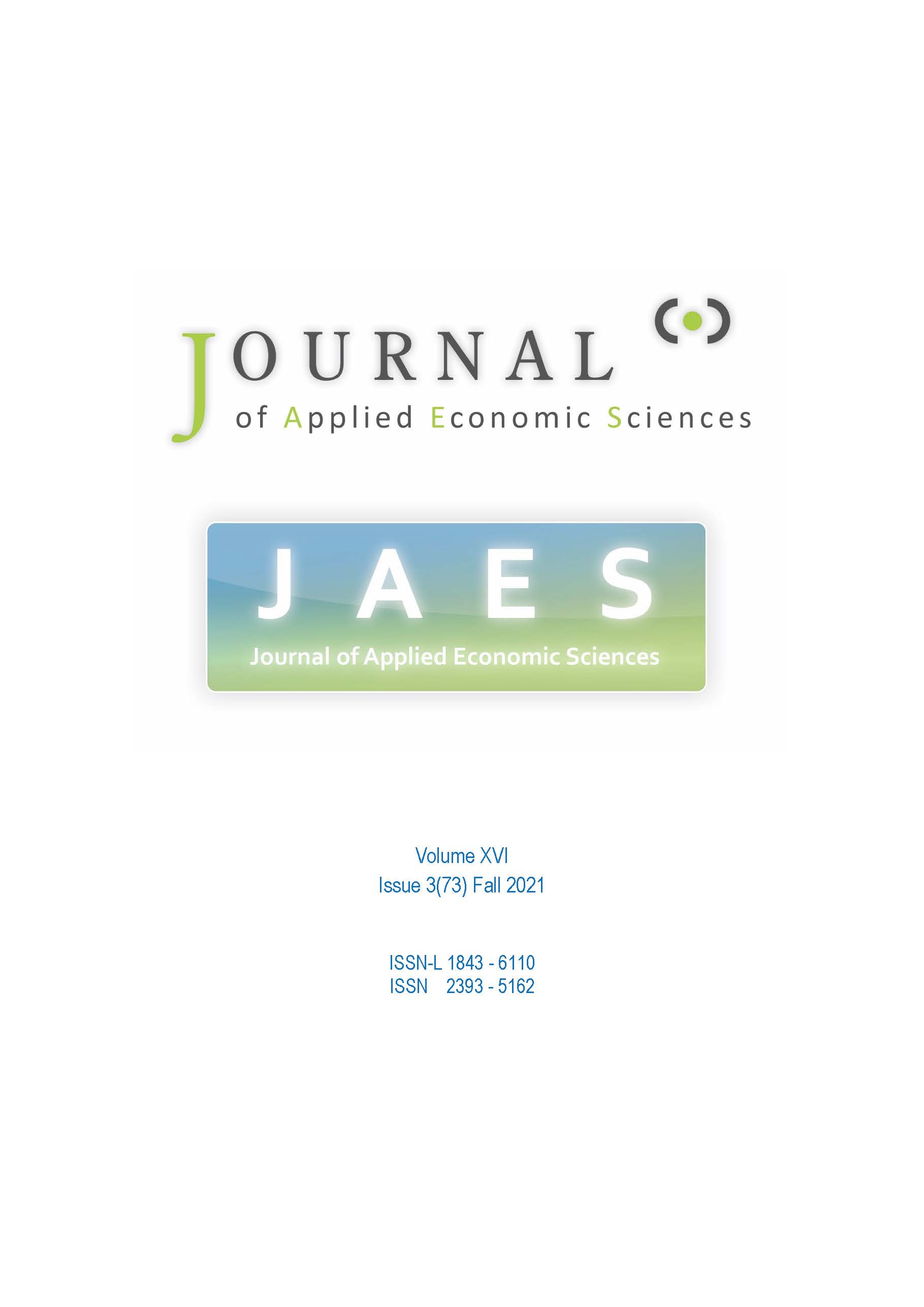Durable Goods Possession and the Determinants of Subjective Well-being of Households. Evidence from Central European Countries
Durable Goods Possession and the Determinants of Subjective Well-being of Households. Evidence from Central European Countries
Author(s): Marta DZIECHCIARZ–DUDASubject(s): Economy, Supranational / Global Economy, Business Economy / Management
Published by: ASERS Publishing
Keywords: household’s subjective well-being; durable goods; multinomial ordered logit; Central European Countries;
Summary/Abstract: The purpose of this study is to indicate determinants of households’ subjective well-being perception. The determinants of subjective well-being include material, financial and immaterial factors, which all are elements of quality of life. An additional source of the subjective well-being perception is the differences between countries in how households assess their current life circumstances. The empirical goal of this study is to model the influence of comparative factors on subjective well-being perception. The evidence comes from the selected European countries, namely Germany and Poland. In absolute values, numbers describing the material wealth in Germany are much higher than Polish equivalents. Surprisingly, the households’ subjective well-being perception in both countries is on an almost identical level. The research hypothesis concerning this phenomenon is that the speed in overall improvement of the households’ material well-being in wealthy countries, like Germany, is lower than in developing countries, like Poland. The pace of material situation improvement is one of the determinants of overall satisfaction, including subjective well-being perception. The analysis for selected material goods showed the influence potency of crucial impact factors describing a household. The analytical econometric tool used is the ordered multinomial logit model.
Journal: Journal of Applied Economic Sciences (JAES)
- Issue Year: VI/2021
- Issue No: 73
- Page Range: 350-360
- Page Count: 11
- Language: English

